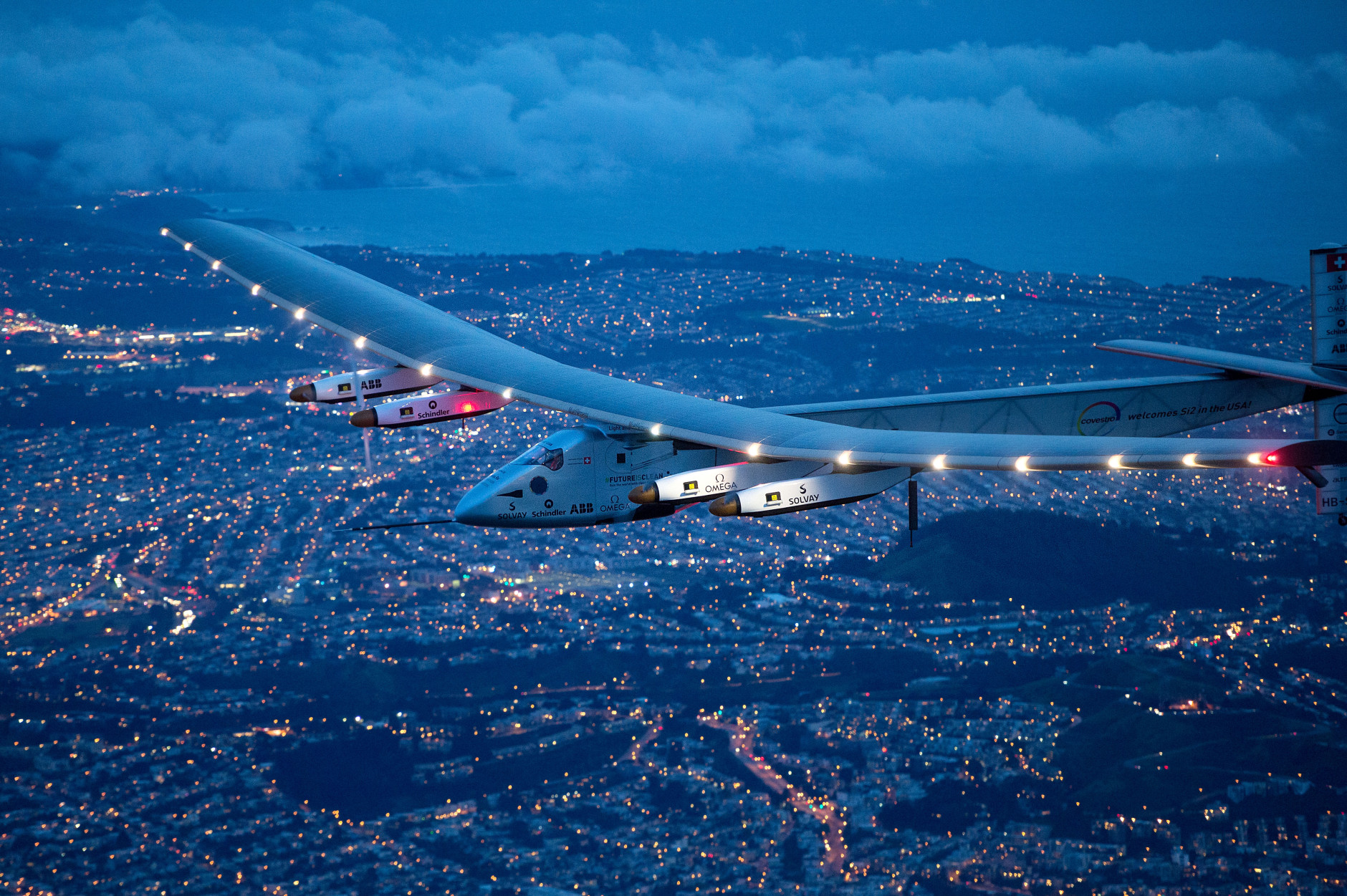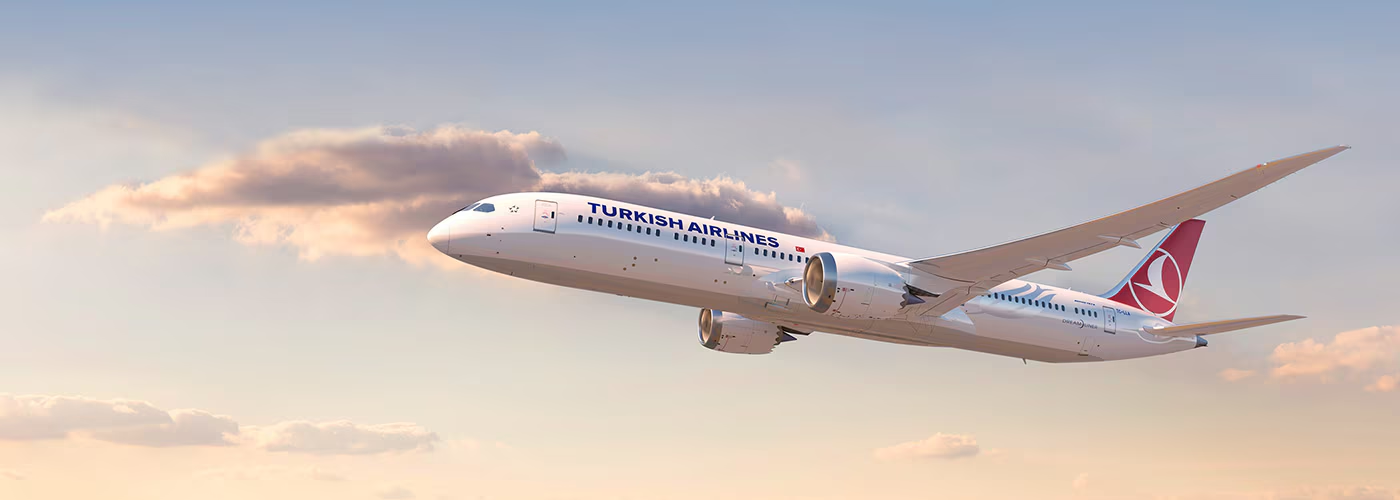Solar Impulse 2: The Groundbreaking Solar-Powered Aircraft that Circled the World
The Solar Impulse 2, a solar-powered aircraft, made history by completing the first circumnavigation of the Earth powered solely by solar energy. Designed by Swiss pioneers Bertrand Piccard and André Borschberg, this innovative aircraft with a wingspan of 72 meters and covered in over 17,000 solar cells showcased the potential of renewable energy in aviation.

The lightweight design, made from advanced materials including carbon fiber, allowed the Solar Impulse 2 to harness solar power during the day and store excess energy in four lithium polymer batteries, enabling it to fly through the night. The aircraft embarked on its journey in 2015 from Abu Dhabi, UAE, and covered over 26,000 miles, with stops in 17 destinations around the world, including India, China, the United States, and Spain.
Despite challenges such as weather delays and battery replacements, the Solar Impulse 2 persevered, highlighting the possibilities of renewable energy in aviation. It had an average flying speed of around 30-40 miles per hour, showcasing that it was not designed for speed, but rather as a platform for promoting sustainability and clean technologies.

During stopovers, the Solar Impulse team engaged in educational and outreach activities, raising awareness about the importance of renewable energy, energy efficiency, and climate change. The success of the Solar Impulse 2 marked a significant milestone in aviation history, inspiring further advancements in sustainable air travel.

In conclusion, the Solar Impulse 2 was a pioneering solar-powered aircraft that completed the first circumnavigation of the Earth powered solely by solar energy. Its lightweight design, advanced materials, and innovative use of solar power showcased the possibilities of renewable energy in aviation. The Solar Impulse 2’s historic journey will be remembered as a milestone in aviation and a testament to the power of human innovation in driving positive change for a more sustainable future.
You might also like:
- Philippine Airlines Reinforces Long-Haul Fleet with Airbus A350-1000
- Boeing Seeks FAA Time-limited Exemption for 737 MAX 7 and 737 MAX 10 Certification
- The Caspian Sea Monster – The Fascinating Story of the Soviet Ekranoplan
- An interview with the astonishing artist Juan Calderon
- BREAKING: Bell 206L-4 LongRanger IV Helicopter Crashes into Hudson River
Discover more from Aviation for Aviators
Subscribe to get the latest posts sent to your email.














Post Comment